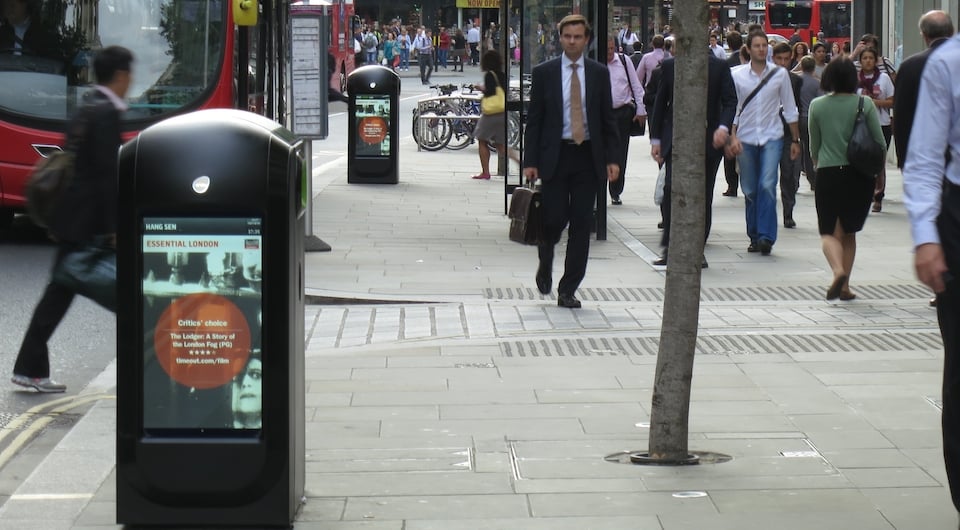
The majority of major grocery stores have a bin out front where you can recycle your plastic bags. Plastic grocery store bags and this is not typically picked up curbside.Plastic bottles are usually made with #1 and is a high valued recyclable.Typically plastic #4, and plastic #7 is not recyclable, however some plastic #7 is actually compostable this will usually be stated on the actual packaging or container. Almost all recycling centers take plastics #1(PET) & #2(HDPE).Please also note that recycling plastic varies by your local recycling center. It can be recycled into so many different products. PLASTICS Every piece of plastic ever made, is still here, it does NOT break down in landfill, which is why it’s crucial it’s recycled, and never littered. Recycled cardboard makes cereal boxes, paperboard, paper towels, tissues, printing and writing paper, and more cardboard boxes. Reduce food wrappers, as these go into landfill, and COMPOST your tissues and napkins. Food wrappers made of plastic, dirty tissues and napkins CANNOT be recycled.


Rinse glass, plastic containers, aluminum and tin cans – yes, foil can be recycled too – wipe any debris off beforehand. Tainted recyclables can “infect” the rest of what’s in your recycling bin, making it difficult to recycle, and it typically just ends up in landfill if it’s dirty. Check up on your city/county recycling laws and make sure you abide by it. Recycling standards and laws vary from city to city, and county to county.Here are some tips to make recycling more beneficial, and easier for recycling facilities to actually send off to the correct places to RECYCLE the waste! Chinese officials also complained that much of the recyclable material the country received from overseas had not been properly cleaned or was mixed with non-recyclable materials. “China’s ban covers imports of 24 kinds of solid waste, including unsorted paper and the low-grade polyethylene terephthalate used in plastic bottles, as part of a broad cleanup effort and a campaign against “yang laji,” or “foreign garbage.” It also sets new limits on the levels of impurities in other recyclables. It would be a smart choice to limit how much you use and consume, but understand waste can’t be avoided altogether. Now recycling facilities here in the US are swamped with the overwhelming amounts of recycling items they are getting. We used to ship our plastics over to China, but let’s face it – they got fed up with how unorganized, and dirty it was, and it wasn’t worth their time or the dollar. Recycling isn’t a new thing, it’s been around for decades – so why only 34% of all waste being created is recycled? Is it because people are uneducated on the topic? Don’t have time to recycle? Regardless of the reason, recycling is not difficult, and can offer substantial benefits to the environment, as well as the home owner or renter.


 0 kommentar(er)
0 kommentar(er)
